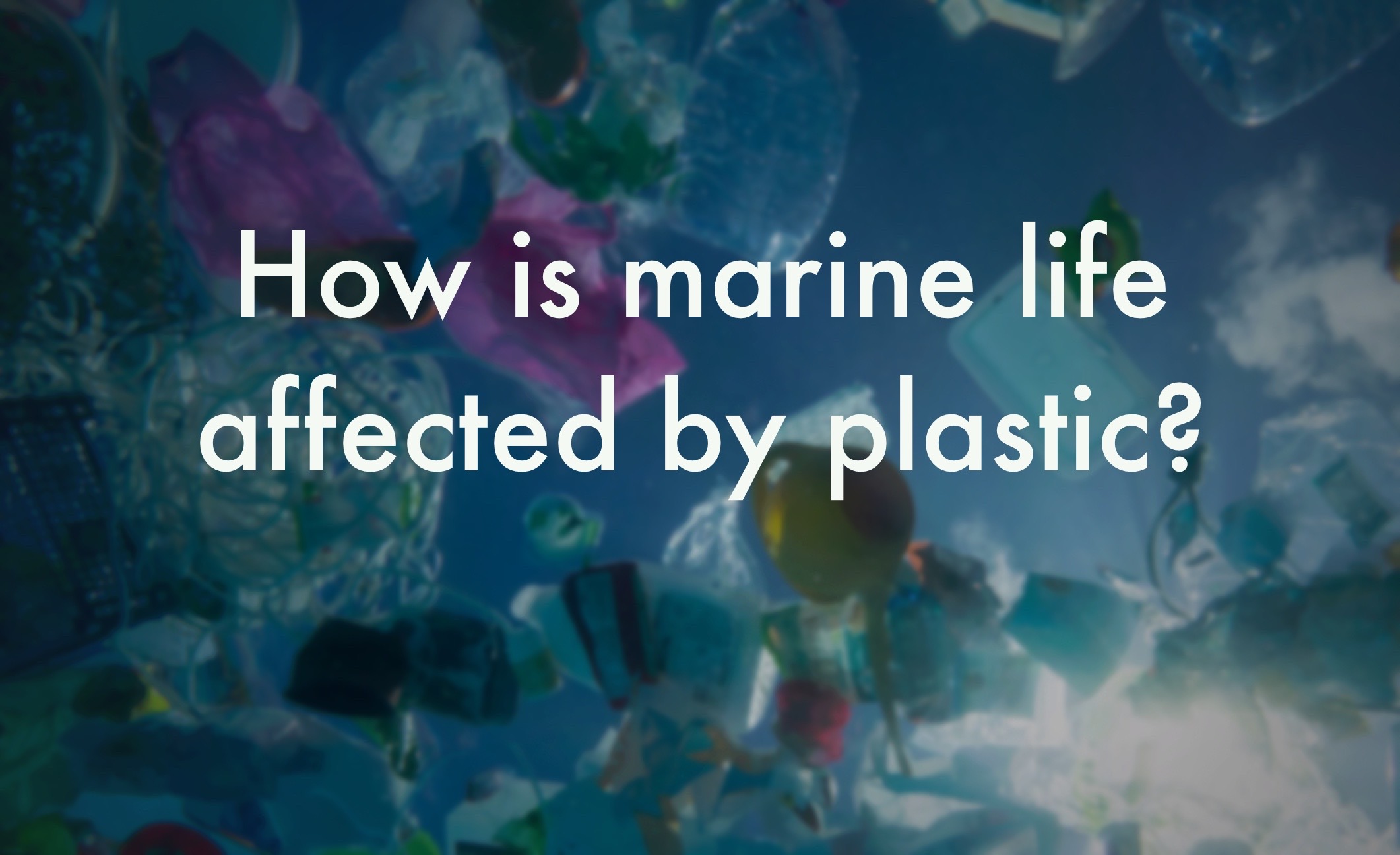
How is marine life affected by plastic?
Posted by Maria Geoly on April 17, 2023
A brief overview of how marine life is affected by plastic pollution.
Plastic pollution is a significant threat to marine life, and its impacts are far-reaching. The plastic waste that ends up in our oceans poses a severe threat to marine creatures, affecting their health and well-being. In this blog post, we will explore how plastic pollution affects marine life and what we can do to help.
What is Plastic Pollution?
Plastic pollution is the accumulation of plastic waste in the environment, especially in the oceans. Plastic is a durable, inexpensive material that is widely used in many products, from packaging to consumer goods. However, its durability means that it can take hundreds of years to decompose, leading to its accumulation in the environment. 300 million tons of plastic are produced every year, half of which are used for single use plastics.
How Does Plastic Pollution Affect Marine Life?
The impact of plastic pollution on marine life is devastating. Plastic waste harms marine creatures in several ways, including:
- Entanglement: Marine animals such as turtles, whales, and dolphins can get entangled in plastic waste, leading to injury or death.
- Ingestion: Marine creatures often mistake plastic waste for food and ingest it, leading to a variety of health issues such as blockages in the digestive system, starvation, and suffocation.
- Chemical Pollution: Plastic waste can contain toxic chemicals such as bisphenol A (BPA), which can leach into the water and harm marine creatures.
- Habitat Destruction: Plastic waste can damage marine habitats such as coral reefs and seagrass beds, affecting the entire ecosystem.
What Can We Do to Help?
Reducing plastic waste is essential to protect marine life. Here are some ways you can help:
- Reduce Single-Use Plastics: Avoid using single-use plastics such as plastic bags, straws, and water bottles. Instead, use reusable alternatives.
- Proper Disposal: Dispose of your plastic waste properly by recycling, composting, or disposing of it in a landfill.
- Support Cleanups: Participate in beach cleanups or support organizations that work to remove plastic waste from our oceans.
- Spread Awareness: Educate others about the impacts of plastic pollution on marine life and encourage them to take action.
In 2022, we started a beach monitoring program that our interns and volunteers participate in during their time with Oceans Research Institute. By documenting pollution on the beach during beach clean ups, we have started tracking which areas of Mossel Bay see the highest levels of plastic pollution.
Conclusion
Plastic pollution is a severe threat to marine life, and we must take action to reduce its impact. By reducing our use of single-use plastics, properly disposing of plastic waste, supporting cleanups, and spreading awareness, we can help protect our oceans and the creatures that call them home.
For more info:
https://www.consumernotice.org/environmental/pollution-reduction/
https://www.consumernotice.org/environmental/water-contamination/pfas/